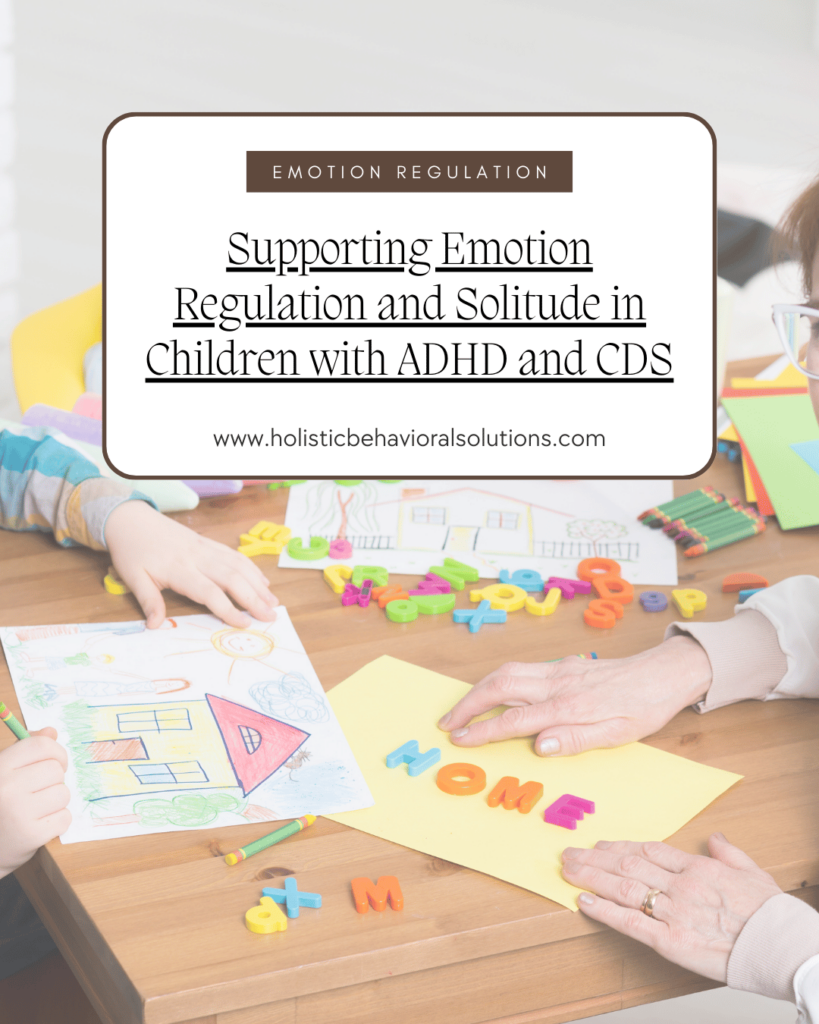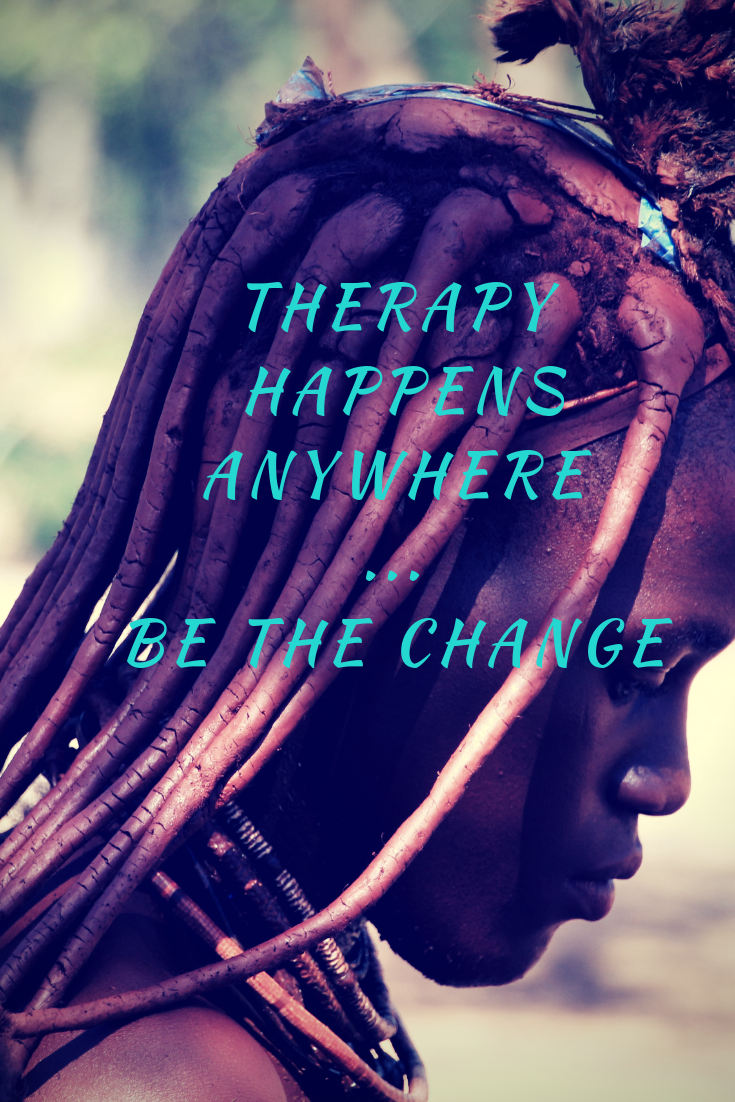
Parent Guidance: For parents of neurodivergent children—especially those with ADHD and Cognitive Disengagement Syndrome (CDS)—understanding your child’s emotional world is key to supporting their well-being. Many of these children experience emotion regulation challenges and show a preference for solitude—not because they’re avoiding others, but because it helps them manage stress.
Here’s how you can support your child at home, with empathy and intention.
1. Reframe Solitude as Self-Regulation
If your child often seeks alone time, understand that this can be a healthy coping mechanism—not a sign of a problem.
🔹 What to Do:
Let them have quiet time without pressure to socialize. Create calm spaces at home where they can decompress safely.
🔹 Why It Helps:
This gives them control over their environment, which is crucial for kids who struggle with sensory overload or emotional overwhelm.
2. Create Emotionally Safe Environments
Your child needs to feel emotionally safe to learn how to regulate big feelings.
🔹 What to Do:
Respond with calm when your child is upset. Use phrases like “I see you’re feeling overwhelmed, I’m here with you.”
🔹 Why It Helps:
When kids feel judged or rushed through emotions, they shut down. Your calm presence models co-regulation and emotional safety.
3. Teach Emotional Vocabulary
Kids can’t manage emotions they don’t have words for.
🔹 What to Do:
Use emotion charts or books that name feelings. Label emotions when you see them (“You look frustrated—do you want help or space?”).
🔹 Why It Helps:
Naming feelings helps your child identify and eventually manage them. It’s the first step toward self-regulation.
4. Support Transitions With Structure
Children with ADHD and CDS often struggle during transitions, which can trigger emotional dysregulation.
🔹 What to Do:
Give advance warnings (“Five more minutes of play, then lunch”), and use visual schedules or checklists to support routine.
🔹 Why It Helps:
Predictability reduces anxiety and emotional overwhelm during change.
5. Normalize Therapy and Skill-Building
Therapy can be a safe space to learn emotion regulation strategies like mindfulness, CBT, and sensory regulation tools.
🔹 What to Do:
Normalize emotional challenges and reinforce that therapy is a place to build strength and self-awareness.
🔹 Why It Helps:
Kids do best when they know they’re not “broken”—just learning how to understand themselves better.
6. Celebrate Strengths, Not Just Progress
Your child is more than their diagnosis. They are creative, observant, sensitive, and strong.
🔹 What to Do:
Point out their emotional wins (“You took a break before you got overwhelmed—great self-awareness!”).
🔹 Why It Helps:
Affirming strengths builds confidence and encourages kids to keep using their self-regulation tools.
Parenting Reminder:
You’re not alone. Raising a neurodivergent child takes patience, support, and the right tools—and you’re already doing the most important thing: showing up with love and curiosity.
Need support tools for your child?
Check out our Holistic Store for kid-friendly wellness supplements and calming tools designed to support focus, relaxation, and emotional regulation.
Shop Now

